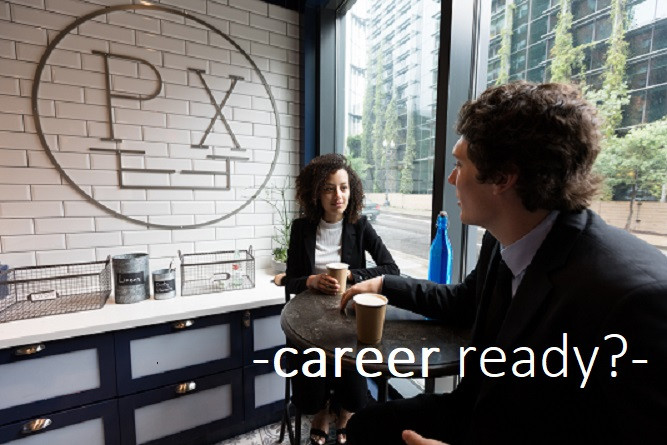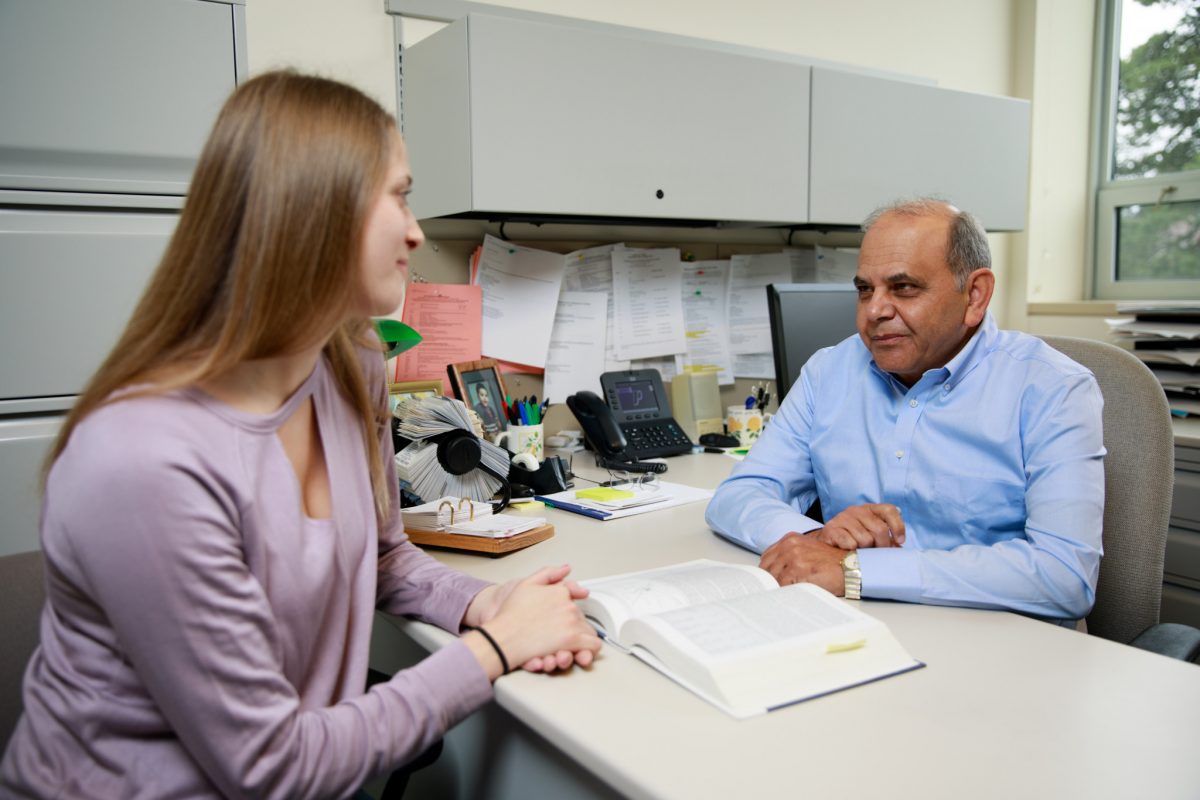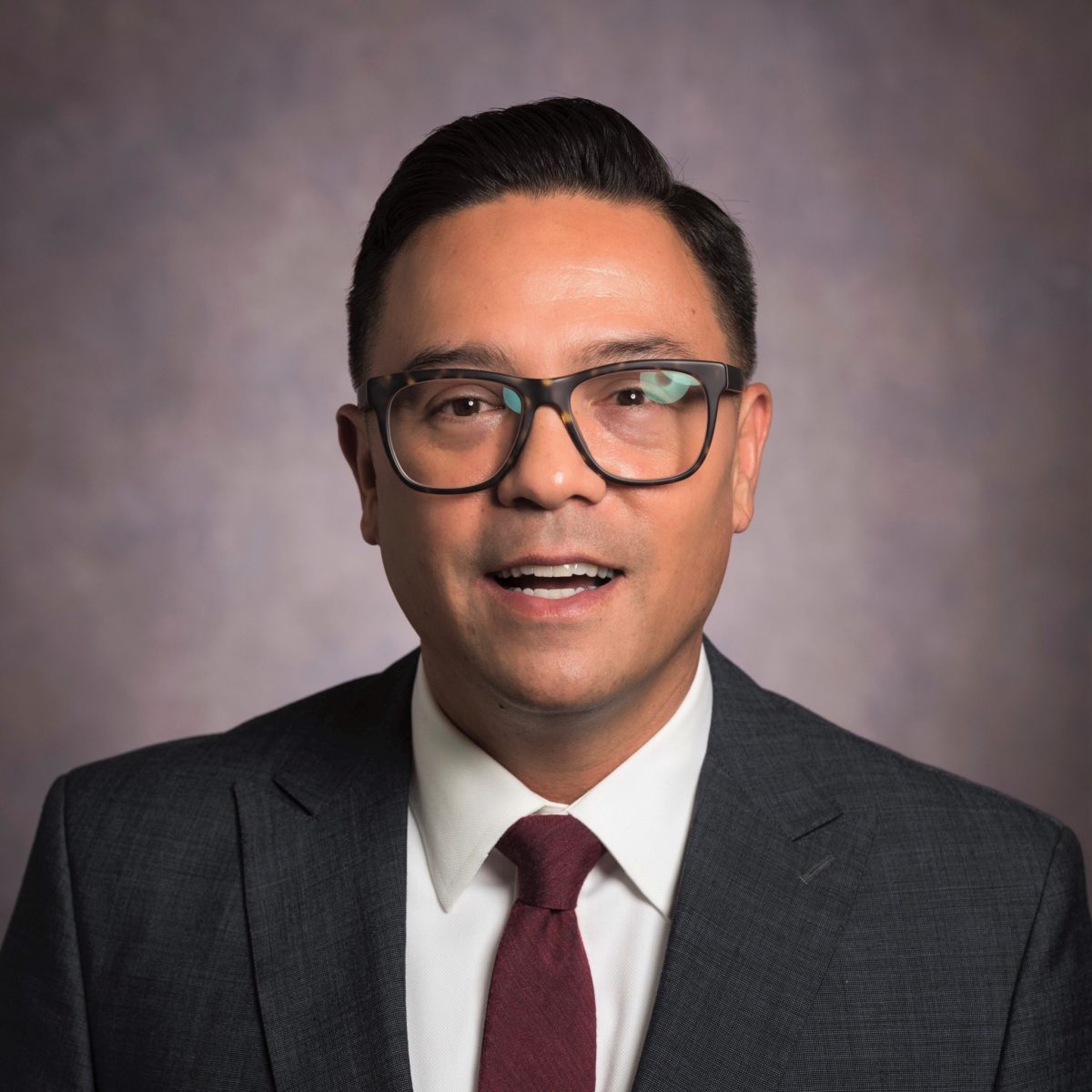Have you heard the term “career readiness?” Are you struggling to figure out what that actually means, let alone how to help your student be prepared? You’re not alone!
Career readiness is the attainment and demonstration of requisite competencies that broadly prepare college graduates for a successful transition into the workplace. These skills are: critical thinking, communication, teamwork, technology, leadership, professionalism, career management, and global/intercultural fluency. (NACE, National Association of Colleges & Employers)

Career education’s focus on career readiness is important because student preparedness has shifted to emphasize skill-based competencies that students need to succeed in the real world of work. Subsequently, the “skills gap” is the disparity between the knowledge/skills that employers want in the talent they hire, and the knowledge/skills that the job applicants actually possess. Employers today want new employees to possess career readiness skills, which often correlates to a student’s potential to secure a desired internship or job.
Given the current landscape you might ask, “How do I help my student land an internship or job right now?”
This question is more difficult today given the changes in our economy and current job market. We in the Career Education Center want you to know that parental support can really help and make a big difference for college students starting their career journeys now. While some of our advice for parents has changed, especially given the current pandemic, much remains the same. To help the college student in your life, keep these thoughts in mind.

1. Have career conversations.
Encourage your college student to talk about career path interests early and often. These conversations allow space for students to explore their values, interests, and skills. This is vital for laying a healthy foundation for them to know themselves and establish a place to navigate their career from. A recent Grown & Flown article by Christine Cruzvergara reminds us that what you say matters. As expected, pressure to find internships and career opportunities are high for students. Allow your student to feel comfortable about asking questions and discussing future career plans. Be empathic and communicate effectively.
2. Support students in testing and trying things out.
Encourage your student to put their interest into action and engage in opportunities to explore their options. Students can test things out by getting involved in a campus club or organization, volunteering to help with virtual programs that align with paths of curiosity, having virtual coffee chats or informational interviews, or researching internships and jobs on Handshake. These low-stress, low-risk opportunities, coupled with reflection, help students clarify their levels of energy and engagement around certain interests. This in turns helps them form meaningful plans and actions for the future. Empower them to make some concrete plans and put them into practice.
3. Connect students to those around them who can help.
Encourage your student to connect with those around them who can aid them in pursuing their plans. Family, friends, faculty, staff, and alumni are great communities to start with. If you’re able, assist them in building relationships and professional networks by offering to make an introduction. This looks different today than it has in the past. Students can use the Career Education Center’s networking guide or schedule an appointment to learn more.
As part of this outreach, your student needs to engage in virtual networking and ask themselves about their professional online presence. A recent Psychology Today article by Katharine Brooks encourages students to improve their online presence. Are their Handshake and LinkedIn profiles current? Are they showcasing skills and accomplishments that employers are seeking?

4. Have them use the Career Education Center and its resources.
The Career Education Center is here to help. For students struggling with those career conversations, we provide career counseling services. We are meeting with students virtually, holding virtual workshops and programs, and hosting virtual career fairs. For students challenged to start an internship or job search, we have staff and resources to assist them. You can start by encouraging students to activate their Handshake profile. Handshake is the online platform we use to connect students to career opportunities and one way that we identify employers who are hiring. Students can use Handshake to start applying to internships and jobs, attend virtual career fairs, research companies, connect with recruiters and alumni, and much more!
5. Focus on building up career readiness skills.
Once more, support your student in enhancing their career readiness through building up their knowledge and skills. Again, these career competencies are what employers are seeking from recent graduates. Now is a great time to learn about different jobs and up their skills. Encouraging students to read job descriptions of positions they would like to fill in the future can clarify the necessary skills and knowledge needed for that type of work. If they’ve done an exciting project or written an interesting paper for a class, consider helping them document it with field-specific skills on a resume, which can then be highlighted in Handshake or summarized in a LinkedIn post.
We understand that some of your students may have had their heart set on a company that’s enacted a hiring freeze, or is in an industry that’s been hard hit by COVID-19. Now is the time to help students expand their horizons and be flexible about their career path. While Plan A might not be possible, pivoting to Plans B or C will still provide transferrable skills and applied experience. Help them to keep making progress on their academic and professional goals now, so that when the economy opens up they will be in a place to nail that interview and get the job they really want. You can have a tremendous impact on a healthy frame of mind for the future. Stay positive, remind them of their potential, and let your student that know you’re with them and how proud you are of them. The future is full of brighter days – that can be pursued now.

Seth Igarta serves as the Associate Director for Career Education and Academic Integration in the Career Education Center at the University of Portland. He holds a bachelor’s degree in History and Social and a master’s degree in Higher Education, Counseling, and Student Affairs from Cal Poly, San Luis Obispo. Seth has 13 years of higher education experience teaching, working in career education, assessment, and research. Seth leads the Career Education Center’s efforts to integrate career education and readiness into the student academic experience. Seth promotes career education that creates opportunities and social mobility for all students through equitable access to connections and experiences, regardless of background or social capital.
